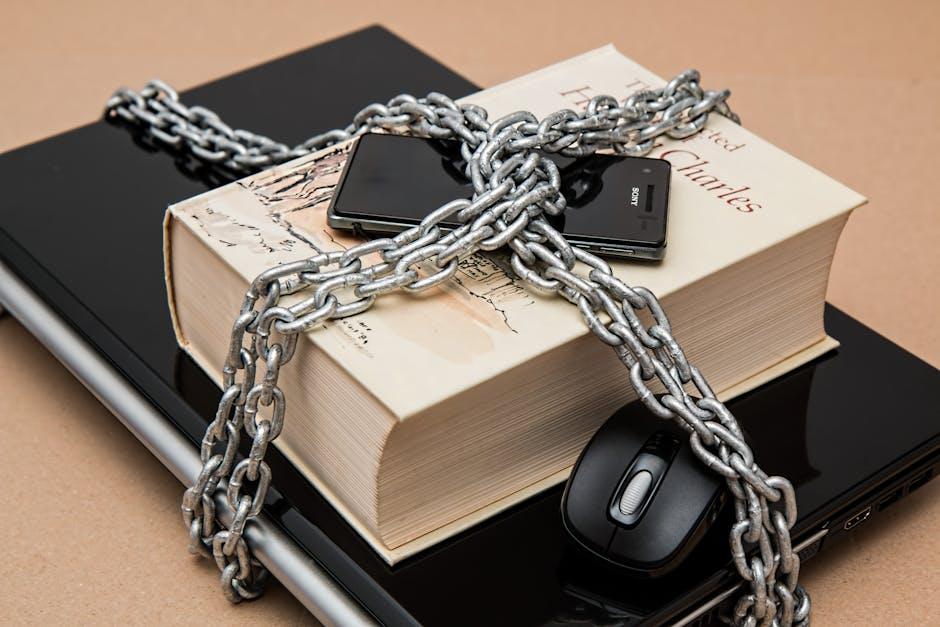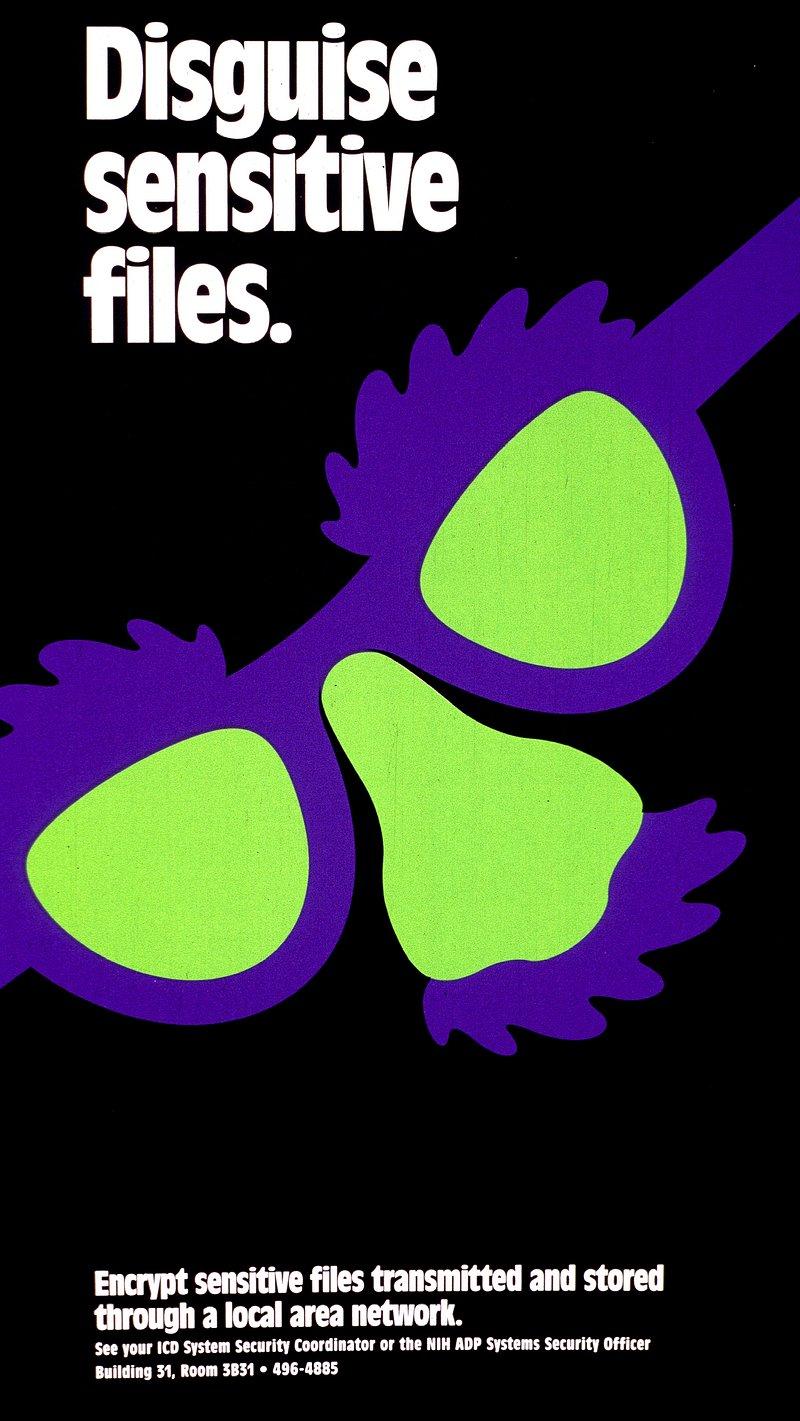In an age where our morning coffee orders, gym memberships, and even star-studded dating lives are governed by capricious pixels and enigmatic algorithms, protecting your online financial transactions has never been more crucial—or comedic. Whether you’re an intrepid adventurer scaling the digital peaks of e-commerce or just a humble netizen tackling the tense terrain of online banking, navigating the wild world of internet finance often feels like attempting to cross a rickety bridge made of spaghetti strands. Fear not, dear reader! In this article, we’ll provide you with rock-solid privacy and security tips. So, buckle up your byte-belts as we dive into the zany, yet pivotal, escapade of safeguarding your virtual vaults from those pesky cyber-pirates. Now, let the games begin—securely, of course!
Stay Savvy, Not Sorry: Recognizing Common Online Scams
It’s easy to get tricked online, but with a little savvy, you can avoid common scams and keep your finances safe. Phishing scams often come disguised as legitimate emails or messages, asking you to click on a suspicious link. Think of these as the “digital equivalent of stepping on a banana peel.” Avoid them by:
- Not clicking on unfamiliar links
- Checking the sender’s email address for authenticity
- Looking for obvious spelling and grammar mistakes – scammers aren’t known for their proofreading skills!
Social engineering scams are another pitfall to watch out for. These scams manipulate you into giving away personal information. Picture a wolf in sheep’s clothing; that’s your scammer trying to sweet talk you into revealing your data. Shield yourself by:
- Not sharing personal information over the phone or email unless you’re sure who you’re talking to.
- Using two-factor authentication for an extra layer of protection.
- Double-checking websites for “https://” before entering financial information. If it’s missing, it’s as fishy as a cat at a goldfish bowl.
Remember, a little vigilance goes a long way in keeping your finances safe and sound!

Password Prowess: How to Create and Remember Strong, Ridiculous Passwords
Creating a password that’s both strong and memorable can feel like trying to catch a cat in a rainstorm—near impossible and somewhat ridiculous. To craft passwords that not only keep the hackers at bay but also tickle your funny bone, consider using a mix of random words, numbers, and symbols that create an absurd mental image. For instance, imagine a “SalsaDancingMonkey42!”—hard to guess and even harder to forget.
Once you’ve concocted your absurdly secure password, remembering it can be another challenge. Try these quirky yet effective strategies:
- Rhyme Time: Make a silly rhyme or song out of your password.
- Sticky Note Art: Write it down on a sticky note—but with a twist! Make it a piece of ‘abstract art’ that only you’ll understand.
- Memory Palace: Imagine a crazy scenario in a familiar place—like finding a salsa-dancing monkey in your living room!
| Method | Example | Benefit |
|---|---|---|
| Random Words | SalsaDancingMonkey42! | Hard to guess, easy to visualize. |
| Rhyme | “Monkeys can dance, make hackers prance!” | Fun and memorable. |
| Memory Palace | Picture in a familiar place | Lasting mental image. |

Two-Factor Tango: Dancing Your Way to Double Security
Ever feel like your financial info is doing the cha-cha in the wild world of the internet? It’s time to pull out those dance shoes and add some steps! Two-Factor Authentication (2FA) is the perfect partner to keep your sensitive data safe and sound. Picture it as a dance-off where your password has a trusty sidekick! When you log in, 2FA will ask for another layer of verification—like a code sent to your phone. It’s like adding a secret handshake to your password! This extra layer makes it much harder for the bad guys to crash your online banking soiree.
Implementing 2FA is simpler than counting steps in the salsa. Many financial services allow you to set it up with just a few clicks. Here are some common options to consider:
- Text Message Code: A quick option where a code is sent to your phone.
- Authentication Apps: Tools like Google Authenticator or Authy are available for extra security vibes.
- Biometric Verification: Fingerprints and face scans—a high-tech twist on the classic.
Here’s a quick comparison of these options:
| Method | Pros | Cons |
|---|---|---|
| Text Message Code | Quick, Easy to Use | Vulnerable to SIM Swaps |
| Authentication Apps | Very Secure, No Phone Signal Needed | Requires Setup |
| Biometric Verification | Highly Convenient, Unique to You | Requires Compatible Device |
So go ahead, choose your trusted 2FA dance partner and twirl your way to double security!

Encrypt or Regret: Making Sense of Encryption for Everyday Transactions
Ever wondered why putting a little lock symbol next to your online banking website makes you feel like a secret agent? That’s encryption at work! Encryption scrambles your information—like your account numbers and passwords—so only authorized parties (that means you and your bank) can understand it. Think of it as sending coded messages that even the best spies can’t crack. And you don’t even need to wear a tuxedo!
So how do you ensure your transactions are as tight-lipped as a spy on a mission? Here are some practical steps:
- Use Strong, Unique Passwords: Avoid easy-to-guess passwords like “password123” or “letmein.” Go for a mix of uppercase, lowercase, numbers, and special characters.
- Two-Factor Authentication (2FA): It’s like having a surveillance system in place. Don’t just rely on a password; add another layer of security—either a text message code or an authentication app.
- Always Log Out: When you’re done with an online session, make sure to log out. Leaving it open is like leaving your front door unlocked.
Q&A
Q&A:
Q: Why should I care about privacy and security when making online financial transactions?
A: Oh, you really shouldn’t. Unless, of course, you’re rather attached to your hard-earned money and personal information. Consider it akin to leaving your wallet on a park bench and hoping no one takes it – if you’re into that sort of gambling, go ahead. Otherwise, care a lot.
Q: What’s the first thing I should do to protect my financial information online?
A: Well, for starters, if your password is “password123,” we need to have a serious talk. Use strong, unique passwords for each account, and no, your cat’s name spelled backward does not count as “strong.” Think more along the lines of a random assortment of letters, numbers, and special characters. Let’s put those opposable thumbs to good use.
Q: Is it really necessary to change my passwords regularly?
A: Let’s put it this way: changing your passwords can be slightly more fun than cleaning out the garage. It’s annoying, yes, but incredibly necessary. Hackers are relentless, and by changing your passwords regularly, you’re essentially moving the target on a regular basis. Who doesn’t love a good game of digital hide-and-seek?
Q: How important is two-factor authentication (2FA)?
A: Think of 2FA as the bouncer to your digital nightclub. It makes life a tad more difficult for the unsavory characters trying to sneak in. It’s essential. Sure, it might feel like overkill, but trust us, you’d rather have the digital bouncer there to check IDs than have your finances crashed by gatecrashers.
Q: Are public Wi-Fi networks really that risky for financial transactions?
A: Oh, absolutely not… if you enjoy the thrill of strangers potentially accessing your personal information, that is. Public Wi-Fi is like shouting your bank details in a crowded room. Use a Virtual Private Network (VPN) for a secure connection. It’s like whispering sweet financial nothings into your device’s ear.
Q: What should I do if a transaction seems suspicious?
A: Take off those rose-colored glasses and scrutinize every transaction. If something seems off, it probably is. Contact your financial institution immediately. Faster than you can say “identity theft,” they can help lock things down. Better safe than sorry – or, better cautious than broke.
Q: How can I spot phishing attempts?
A: Ah, phishing – the art of pretending to be someone trustworthy while actually being a sneaky scammer. Look for misspelled words, odd email addresses, and an overwhelming sense of urgency. If an email claims your bank account will be closed in 10 minutes if you don’t login NOW, it’s likely a trap. Spoiler alert: real financial institutions don’t operate like a ticking time bomb.
Q: What’s the deal with mobile banking? Is it safe?
A: Mobile banking is like walking a tightrope: thrilling, convenient, and safe, provided you don’t lose your balance. Stick to the official apps released by your bank, keep your device updated, and avoid downloading apps from shady sources. Think of it as not accepting candy from strangers, digitally speaking.
Q: Should I be concerned about using my phone for mobile payments?
A: Only if you’re concerned about convenience and security wrapped in one sleek package. Mobile payment methods like Apple Pay and Google Wallet come with impressive security features. But remember, lock your phone – unless you enjoy the idea of someone shopping on your dime while you’re distracted by cat videos.
Q: What’s the takeaway here?
A: Privacy and security online are like the brakes on your car – you don’t think about them every day, but boy are you glad they’re there when you need them. Stay vigilant, keep things locked down tight, and remember: the only thing easier than losing your money online is finding yet another Netflix series to binge. Stay secure out there!
In Summary
And there you have it, folks! You’re now armed with the wisdom to navigate the wild world of online financial transactions like a seasoned cyber-warrior. Just imagine yourself striding through virtual marketplaces, confidently eluding digital pickpockets and outsmarting scam artists at every turn.
Remember, in the digital landscape, a sprinkle of caution and a dash of skepticism are your best allies. So, keep that antivirus updated, passwords robust, and for the love of all things sacred, please, no more “password123” nonsense.
Stay vigilant, stay secure, and may your online transactions be smoother than a cat burglar’s heist! If you stumble upon any quirky new tricks or cyber-hacks, don’t forget to share them with your fellow netizens. After all, it’s a jungle out there, and there’s strength in numbers—or in this case, in strong passwords and two-factor authentication. Happy transacting, and may your digital wallet be forever safe!





